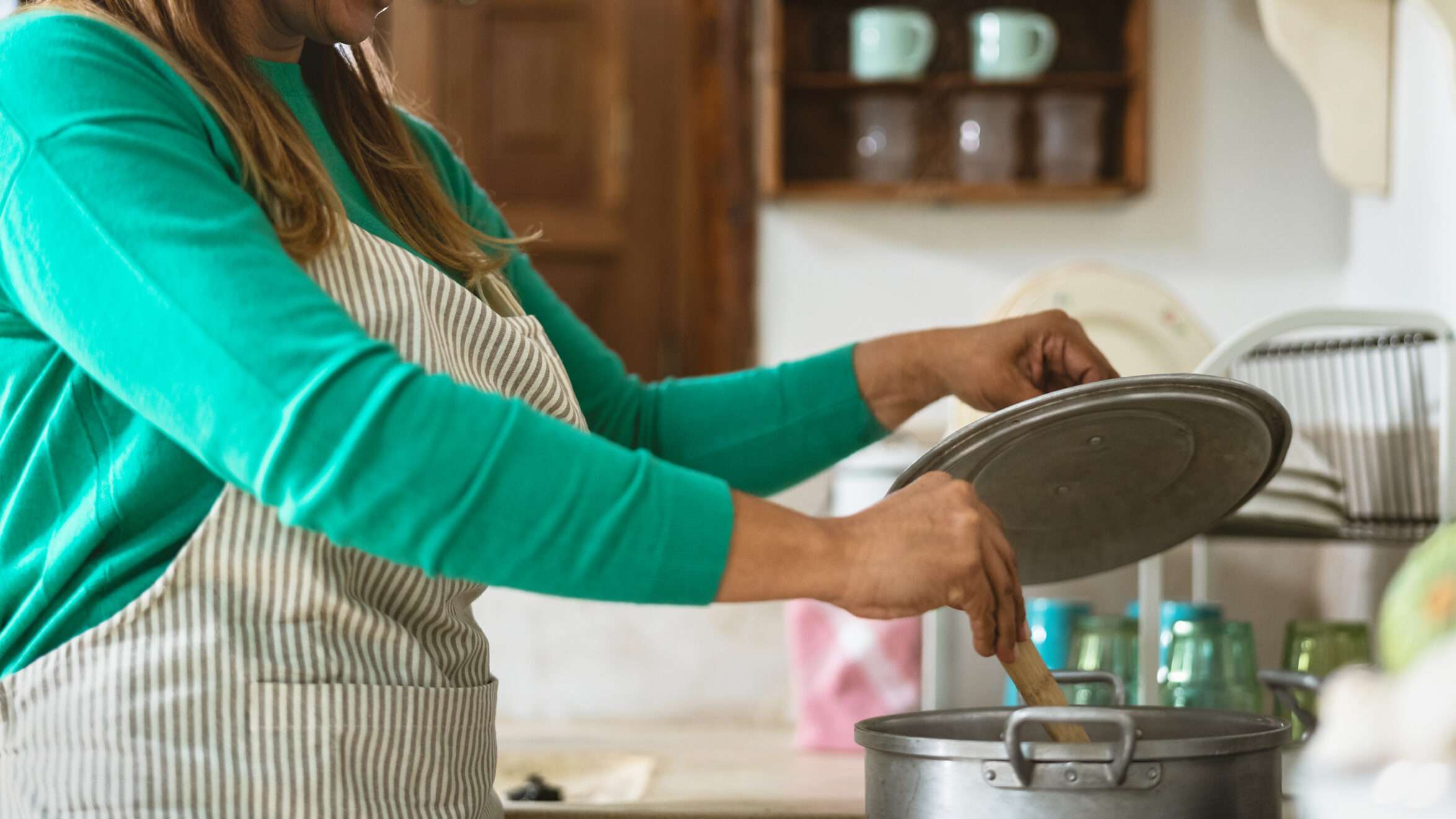Inflation has emerged as a significant issue for voters in the upcoming elections. Despite the ongoing high food prices, Americans are increasingly opting to dine out. According to the United States Department of Agriculture (USDA), nearly 60 percent of American food spending now occurs outside the home, marking a record high.
This shift can be attributed to the COVID-19-induced surge in delivery and takeout services, as well as the growing popularity of fast-casual dining establishments. The USDA highlights that the pandemic led to lasting changes in consumer food purchasing habits.
One notable outcome of the pandemic is the rise of platforms like Shef, which enable individuals to prepare and deliver home-cooked meals to nearby customers. These platforms offer cost-effective meal options, often cheaper than traditional restaurants.
However, regulatory authorities in Maine have begun cracking down on home-based culinary businesses with surprise inspections. Rhiannon Deschaine of Kenduskeag, Maine faced enforcement action for operating Kenduskeag Kitchen without a required food establishment license.
Despite the state’s recent enactment of a Food Sovereignty Act and the Right to Food provision in its constitution, Deschaine was compelled to close her business due to regulatory pressures.
Deschaine is now challenging the state of Maine with legal support, arguing against the requirement for home cooks to install commercial kitchens for local food sales. The cottage food movement, which has gained traction in recent years, advocates for greater food freedom for home-based cooks.
While concerns about food safety persist, there have been no reported cases of foodborne illnesses linked to home-cooked meal platforms like Shef. As the election approaches, policymakers are exploring various solutions to address rising food costs, with the protection of home kitchens potentially offering a way to support local entrepreneurs and help consumers manage their food budgets.





